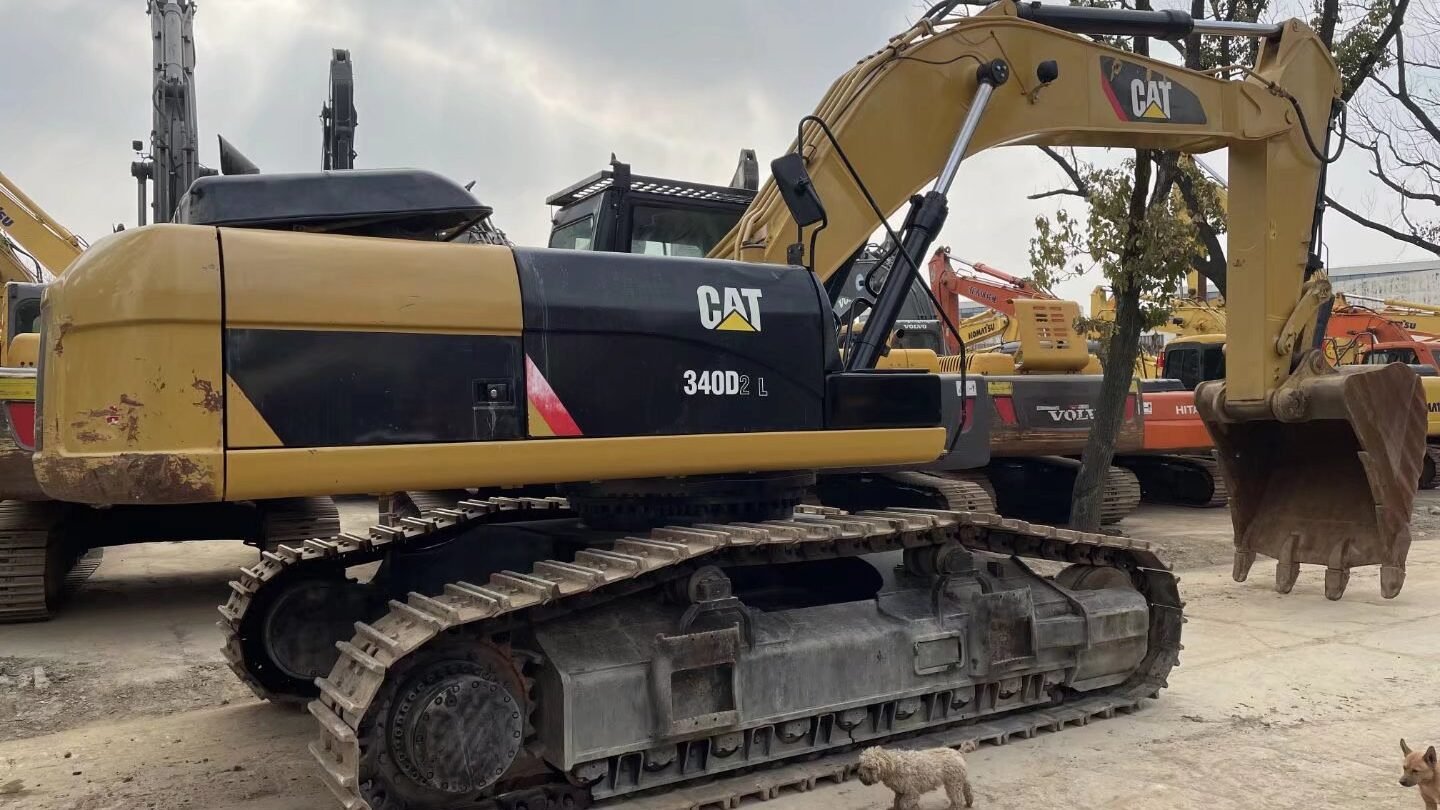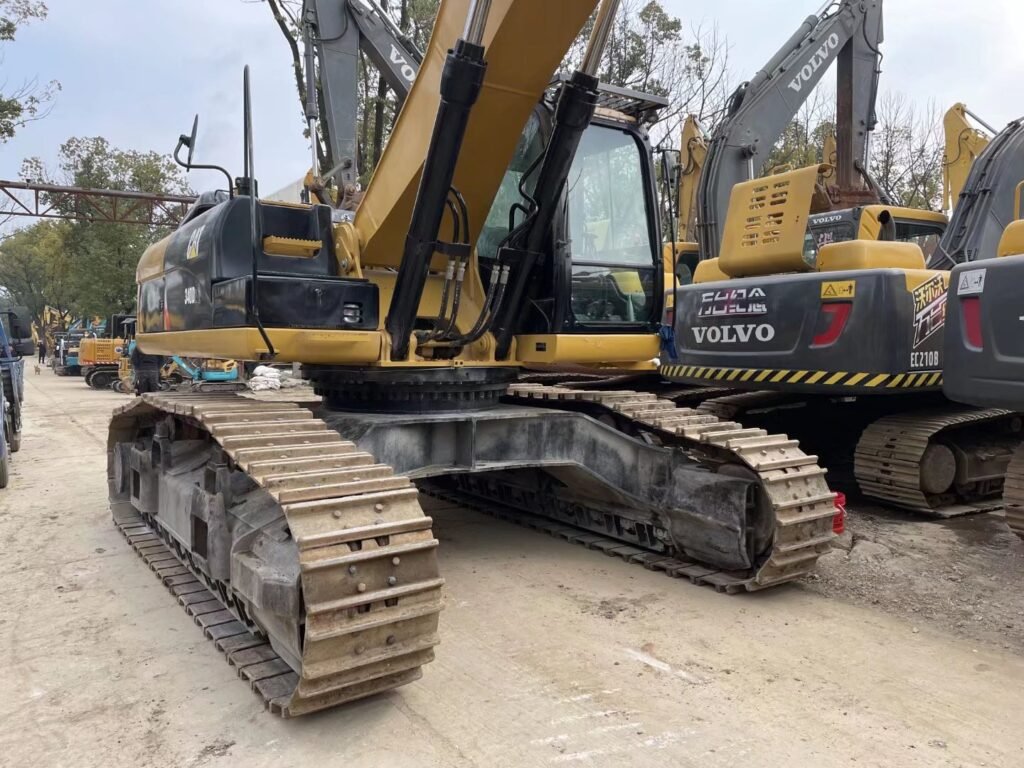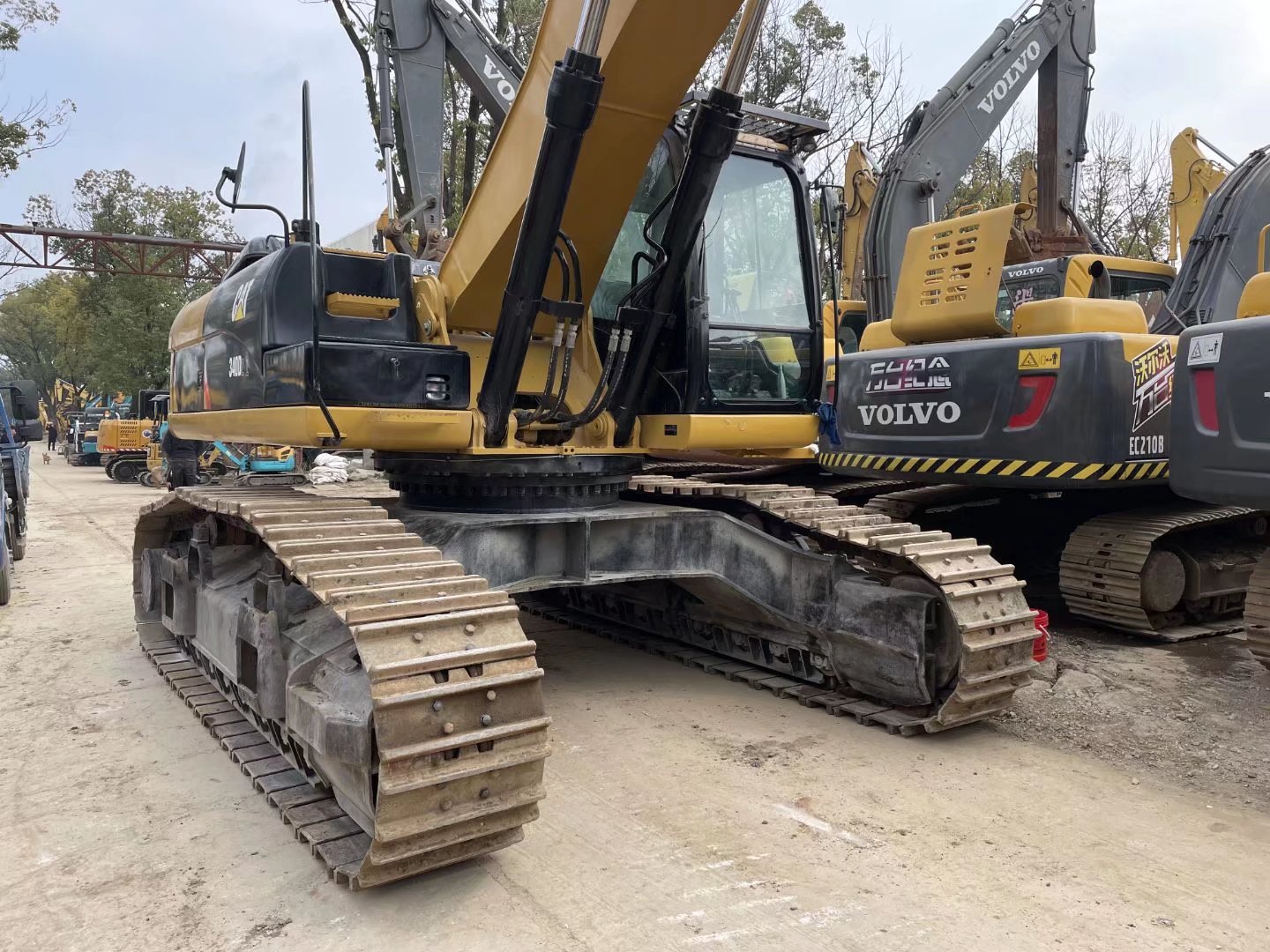I. Introduction
- Background
- Used loaders are widely favored in industries such as construction, mining, and agriculture due to their cost-effectiveness. However, the performance and reliability of used equipment are directly influenced by their maintenance history. Therefore, regular upkeep is crucial to ensure that the equipment operates efficiently in demanding environments.
- Purpose
- This article aims to provide a series of effective maintenance steps to help users prolong the life of used loaders and enhance their operational performance. By following these recommendations, users can reduce maintenance costs and ensure that their equipment remains in optimal condition, thus improving overall productivity.
II. Daily Inspections and Maintenance
- Check Fluid Levels
- Fluid level checks are the first step in daily maintenance, ensuring that engine oil, hydraulic oil, and coolant are at appropriate levels. Low fluid levels can lead to overheating or hydraulic system failures. Therefore, it is recommended that users perform fluid level checks before each use and replenish as necessary.
- Clean the Machine
- Keeping the equipment clean is fundamental to its long-term operation. Regularly cleaning the exterior and interior of the loader to remove dust, dirt, and debris, especially from the radiator and air filter, ensures proper cooling and airflow. Cleaning not only extends the life of the equipment but also enhances work efficiency.
- Inspect Tires
- Tires are a critical component of the loader, and regular inspection of tire wear and pressure is essential. Proper tire pressure can improve fuel efficiency and stability, preventing work delays caused by tire issues. It is advisable for users to check tire conditions weekly or before each use to ensure they are in optimal shape.
III. Regular Maintenance
- Change Oil and Filters
- According to the manufacturer’s recommendations, oil and filters should be changed regularly. The quality of the oil directly affects engine performance; using oil that meets standards ensures smooth operation. Generally, it is recommended to change the oil every 100 hours or monthly, with specific frequency adjusted based on usage conditions.
- Check and Change Hydraulic Oil
- The quality of hydraulic oil is crucial for the loader’s performance. Regularly checking the oil quality and replacing it if discoloration or impurities are found is essential. Additionally, monitoring for leaks in the hydraulic system ensures proper sealing. The hydraulic oil change interval is typically every 500 hours or adjusted based on specific usage conditions.
- Lubricate Moving Parts
- Regular lubrication of all moving parts is key to reducing wear and extending the lifespan of the equipment. Special attention should be given to hinge points and rotating shafts to ensure their flexibility and durability. Users should use high-quality lubricants and follow the manufacturer’s instructions for lubrication.

IV. Winter and Summer Maintenance
- Winter Maintenance
- During cold winters, checking the cooling system to ensure adequate antifreeze is crucial to prevent engine freezing. Regularly starting the vehicle to keep the battery charged is also necessary. Furthermore, using suitable oil grades for low temperatures is recommended to ensure smooth operation in cold weather.
- Summer Maintenance
- In high-temperature seasons, ensuring the cooling system is functioning properly and checking for blockages in the radiator is important to maintain effective cooling. Additionally, monitoring the hydraulic system’s performance in high heat and adding hydraulic oil as needed keeps the system stable. Regular battery checks are also essential to prevent high temperatures from affecting battery performance.
V. Operator Training
- Importance
- Qualified operators can effectively use and maintain the equipment, significantly reducing the incidence of failures. Training enhances operators’ skills and awareness, enabling them to better identify and address potential issues with the equipment.
- Training Content
- Companies should provide operators with training on equipment operation and daily maintenance to ensure they understand the basic operational and maintenance techniques. Training should also cover identifying and handling equipment failures to improve the overall maintenance capability and response speed of the team.
VI. Conclusion
- Summary
- By implementing effective maintenance measures, users can significantly extend the life of used loaders and enhance operational performance, resulting in a higher return on investment. Effective maintenance not only reduces repair costs but also improves overall equipment efficiency.
- Recommendations
- Companies should develop detailed maintenance plans to ensure regular inspections and upkeep, keeping equipment in optimal working condition. Encouraging employees to participate in daily maintenance can enhance overall equipment management. Regularly assessing the effectiveness of maintenance strategies and adjusting them based on actual conditions will ensure that the equipment consistently performs at its best.



